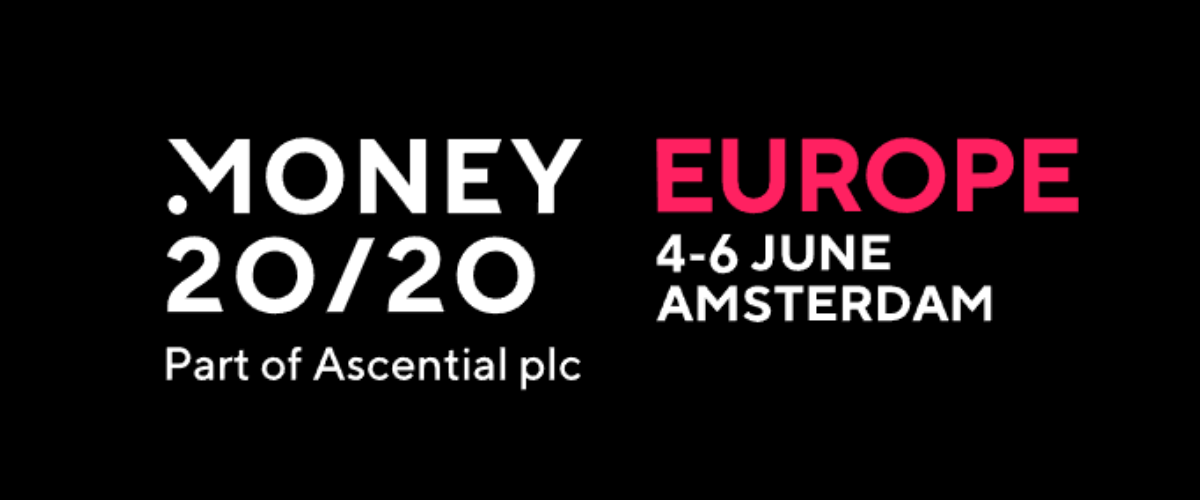In his previous article, Jeroen de Bel explained how competitive advantage is designated by the market environment and competitors. How can banks best identify their competitive advantage and turn it into a strategy?
By Jeroen de Bel, Independent Consultant, Olympus Advisory Services
To remain competitive and be able to withstand the increased competition, banks must be aware of their competitive advantage over other market players. But how should banks go about defining their competitive advantage and turning it into a strategy?
Porter’s Generic Strategies Model describes how a company can position itself, based on their source of competitive advantage and their scope of service. It offers three generic options for companies to identify their core competencies and distinguish themselves:
1. Cost leadership: focus on cost efficiency to be able to offer the lowest prices, often accompanied with ‘no frills’ service. Cost efficiency can be derived from new technology, efficient operations and a low cost base, and can be supported by economies of scale. This strategy requires companies to continuously improve their efficiency and reduce cost.
Example: Santander is among the largest retail banks worldwide and has one of the lowest cost-income ratios. Their successful result is driven by a strong cost efficiency culture, a continuous focus on innovation and digitization, a large degree of standardisation, simple products and processes, and striving for top-3 positions in its home markets with deep customer relationships.
2. Differentiation: focus on offering a difference, typically with a premium product or service that is more desirable to customers. Differentiation is derived from innovation, strong branding and the ability to offer high-quality service. There is a risk of other companies following suit, which requires companies using this strategy to continuously improve their proposition.
Example: Handelsbanken has a unique organization model that is largely decentralized. It has a strong focus on customer satisfaction over cost (e.g. no call centres but instead designated account managers), selective growth focusing on the best clients in selected segments (e.g. SME and mass-affluent), and conservative risk management. Yet it is also one of the most efficient operations due to their lean organizational model and short decision lines.
3. Specialization: focus on a niche segment of the market with propositions tailored specifically to that segment, for instance centred around specific products, themes, type of clients or geographical areas. Derived from specific expertise, this strategy drives lower cost and strong customer loyalty within the niche.
Example: most fintech start-ups are in this space, targeting one specific part of the banking value chain. There are also numerous examples from incumbent banks that have a clear specialization, for instance wealth managers such as UBS and Credit Suisse, the Nordic banks focussed on their home region, or Triodos, centred around the theme of sustainability.
A clear positioning in one of these areas allows companies to best leverage their competitive advantage and thereby remain competitive.
However, the problem is that most banks are stuck in the middle, without a clear position. Most banks try to service a large variety of customers with a rather large portfolio of products and services. At the same time, they aim to be different, offering better service and new innovations, yet they face difficulties in continuously improving their proposition, and they lack customer-centric processes. They therefore lose out to the cost-leaders that offer better prices, give away ground to the true differentiators that offer better service, and are also beaten by specialists that are experts in their niche.
To turn the ship around, banks need to assess their unique qualities that drive their competitive advantage and to also identify where they are currently positioned. Based on that, they can then define what pure strategy suits them best and focus all their efforts towards that direction.
For example, a small local bank may choose to focus on a certain region or around a specific product (specialization). A large bank may focus on offering a premium service internationally, leveraging their large expertise and network (differentiation). And a young bank may leverage their lean organization size to operate at a lower cost, capturing market share by offering lower prices (cost leadership).
In summary, ask yourself what makes the bank unique? Are customers choosing you for the low price, good service, or because you are a specialist? Then choose your position and fully focus on that.
Jeroen de Bel is the founder of Olympus Advisory Services, a management consulting firm specialized in the financial services sector. He helps his clients with insights, market research and strategy consulting, tailored to client needs and situation. Jeroen has in-depth knowledge of both the traditional banking sector and new innovative players in the market. He is well positioned to help bridge the gap between the incumbents and new entrants.]]>



